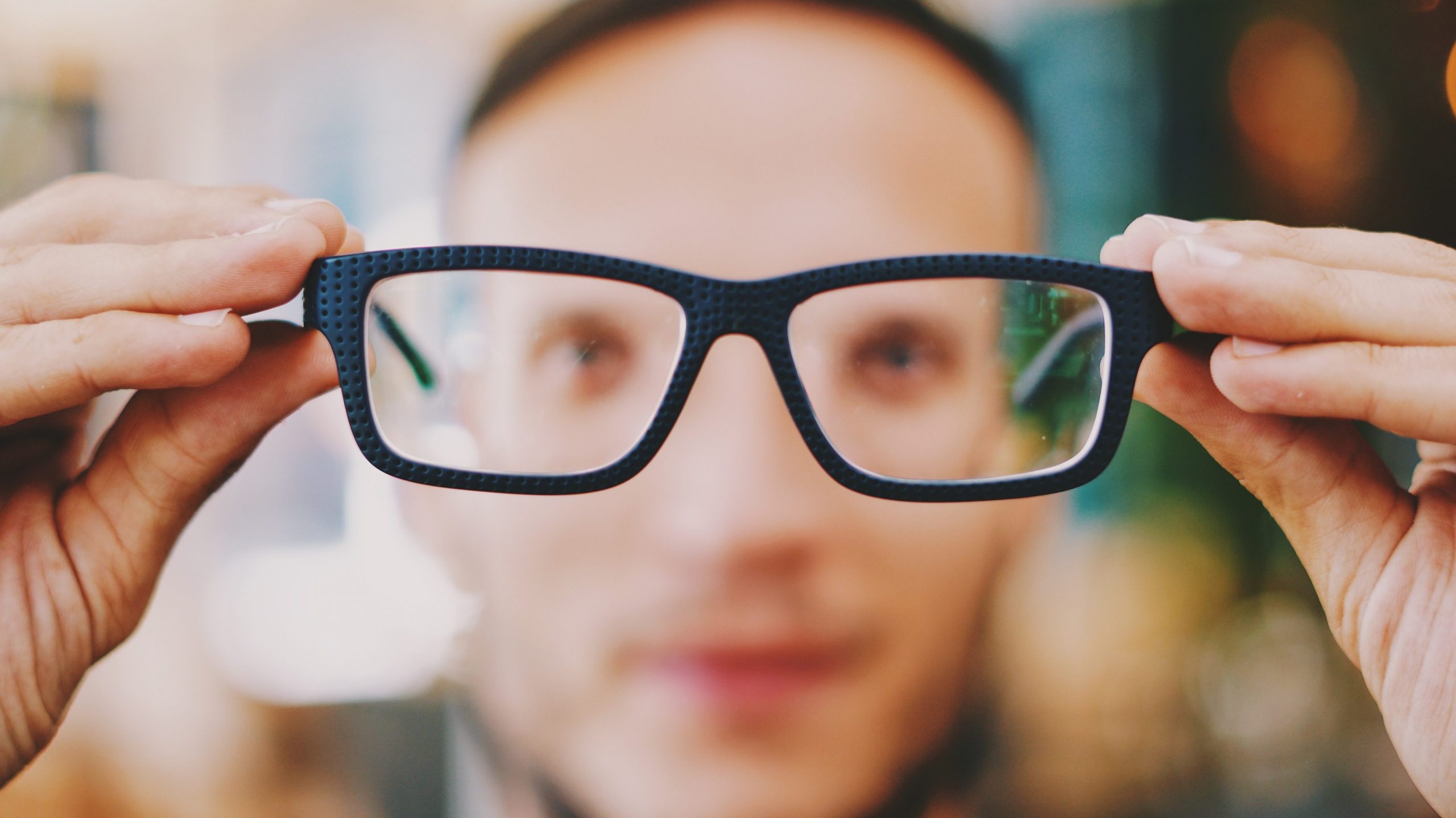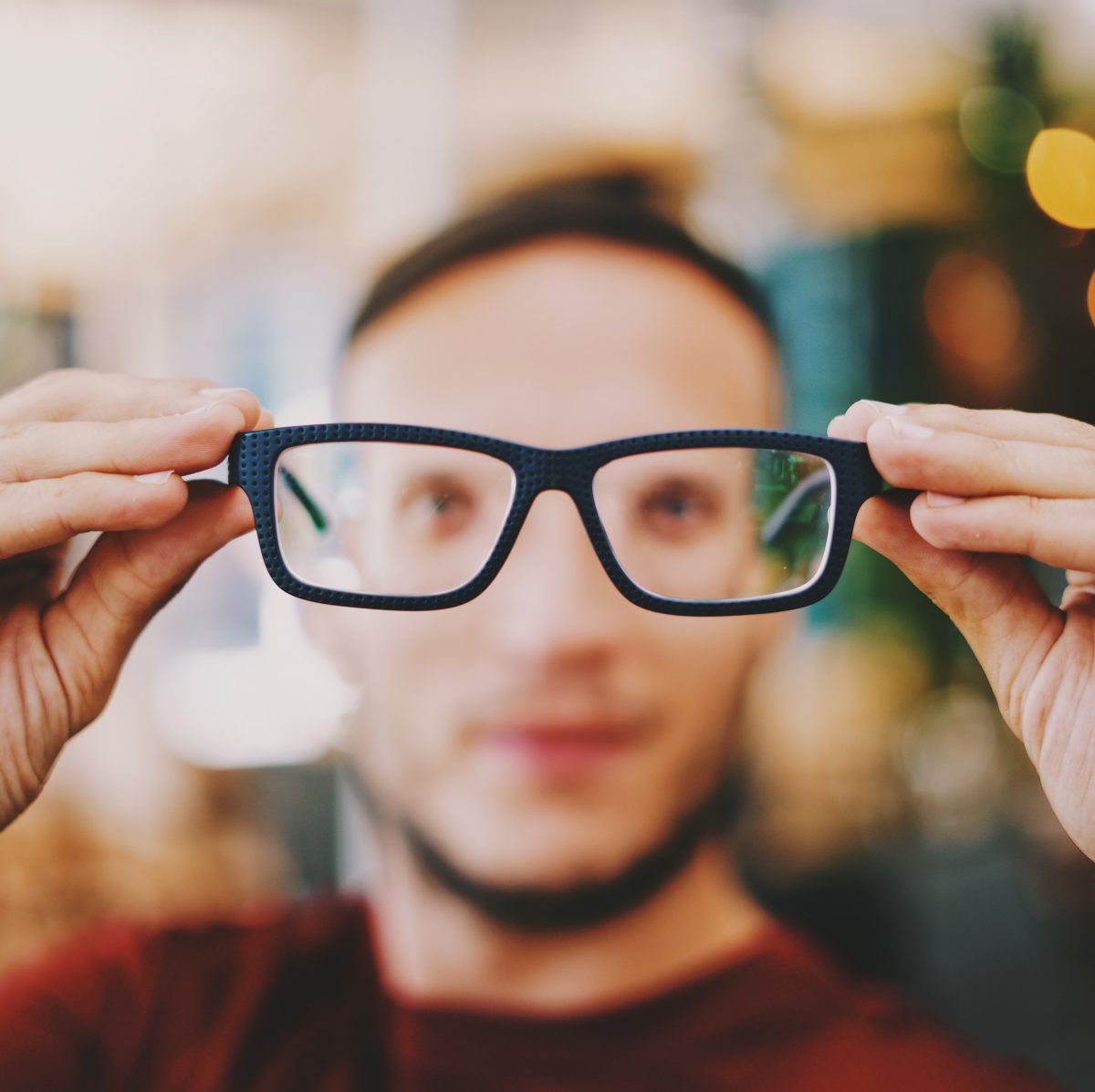
Myopia, or short-sightedness, is a common vision condition, which means you can see objects near to you clearly, but objects further away appear blurry. It occurs when the shape of your eye causes light rays to bend (refract) incorrectly, focusing images in front of your retina instead of onto it, causing blurred vision.
The condition is becoming more common, currently affecting 1 in 3 people in the UK. It is often hereditary but spending a lot of time focusing your eyes on nearby objects to read, write and use hand-held devices or computers can also increase your risk of developing myopia.
A basic eye exam can confirm the condition, which can be corrected by glasses, contact lenses or eye surgery.
Signs you could have myopia
Apart from blurred vision when looking at distant objects, other signs of myopia might include:
Having to squint or partially close the eyelids to see clearly
Headaches caused by eyestrain
Difficulty seeing while driving a vehicle, especially at night.
Myopia is most commonly diagnosed between the early school years through to the teens. Signs in children include:
Persistently squinting
The need to sit closer to screens or at the front of the classroom
Seeming to be unaware of distant objects
Rubbing their eyes frequently or blinking excessively.
How can it be treated?
If you suspect any of the above problems, make an appointment for a routine eye test. During the assessment, your optician will ask you to look through several different lenses, testing which provides you with the best vision, whilst looking at a chart of numbers, letters, and/or pictures. If you are diagnosed with myopia, the optician will prescribe lenses most suited to correcting the refractive error.
When you have myopia, your prescription for glasses or contact lenses will be a negative number. The more negative the number, the stronger your lenses will be. For example, -4.00 is stronger than -3.50.
Are there ways to prevent myopia?
Short-sightedness tends to run in families. If one or both of your parents is short-sighted, your risk of developing the condition is increased. Spending lots of time focusing on things close to you can increase the probability too. To try to prevent it naturally, spend plenty of time outside, especially during adolescence and young adulthood, wear sunglasses, eat a well-balanced diet, take screen breaks and avoid smoking.
Although you can’t cure myopia, there are methods for slowing it down, which an optician can talk you through.
The best advice we can give is to regularly go for eye tests, every two years is sufficient, unless you have been instructed otherwise by an optician. It’s best to catch eye problems early, to prevent any further deterioration which can occur when left untreated.
If you have any concerns or questions about your vision, please pop in to see us or call us for advice.

